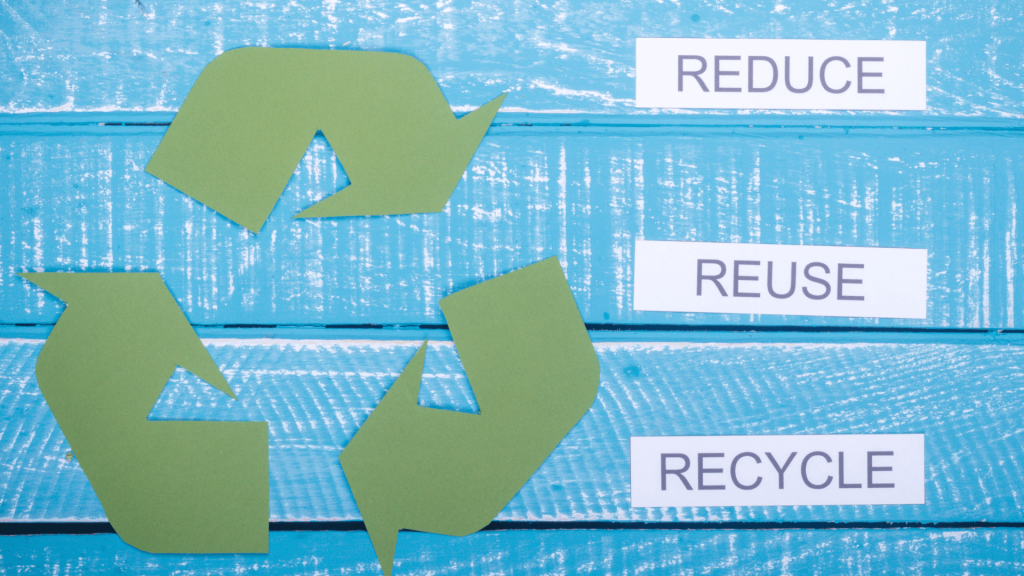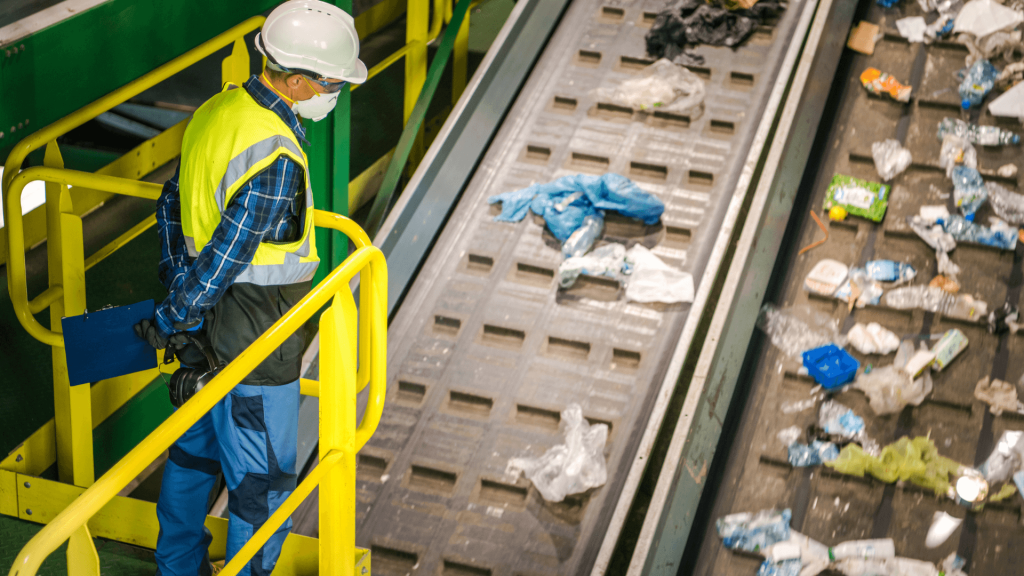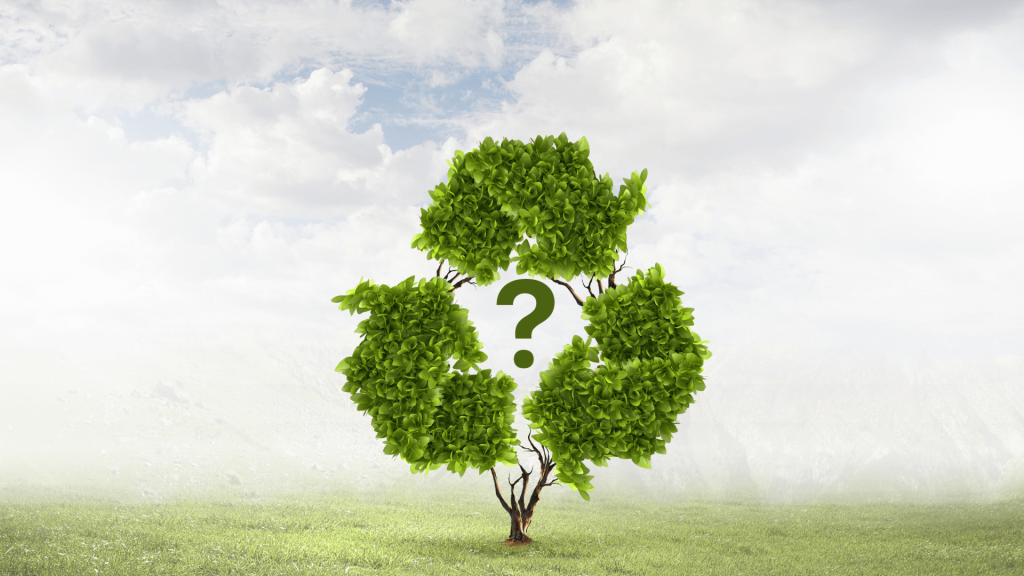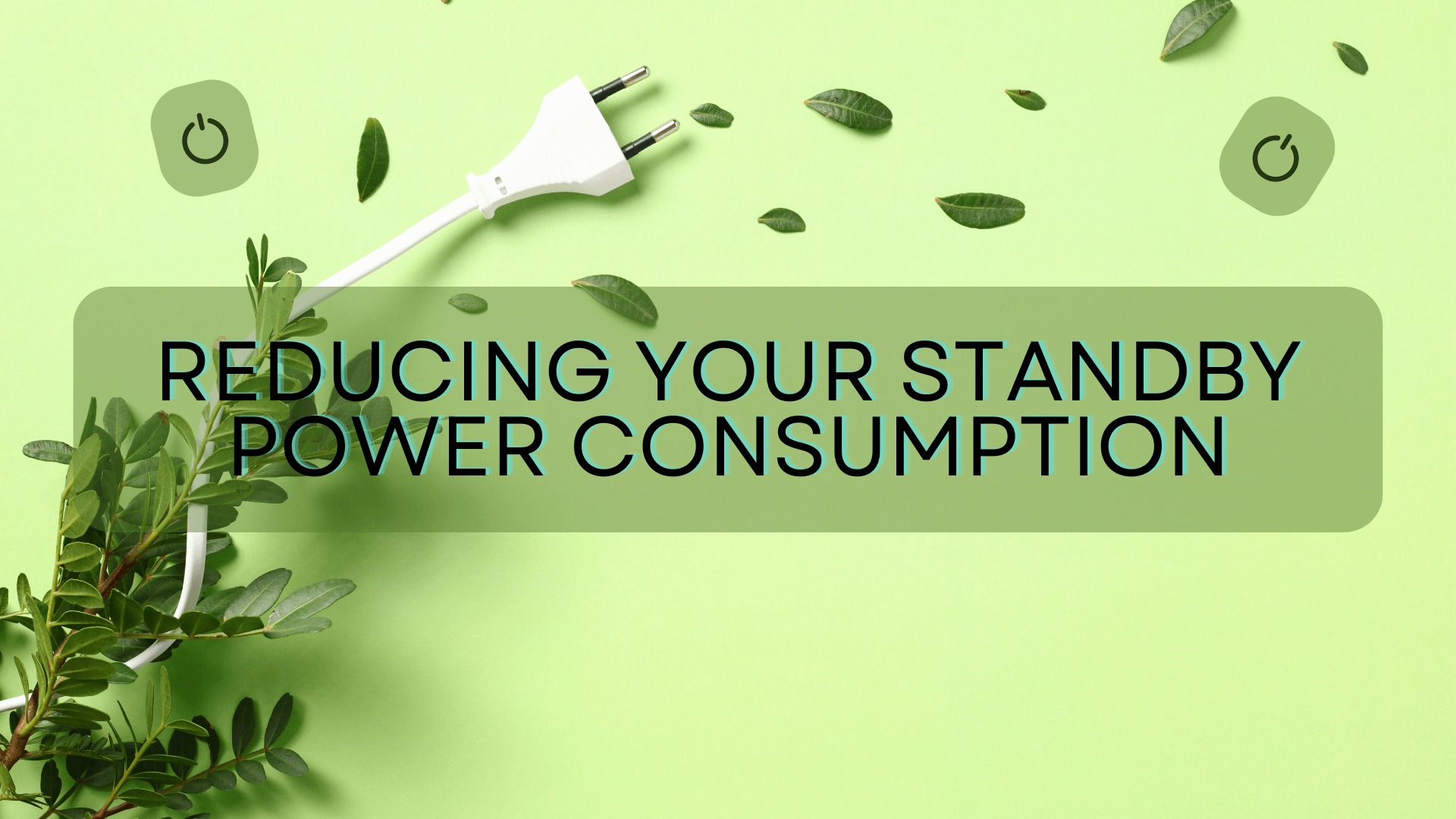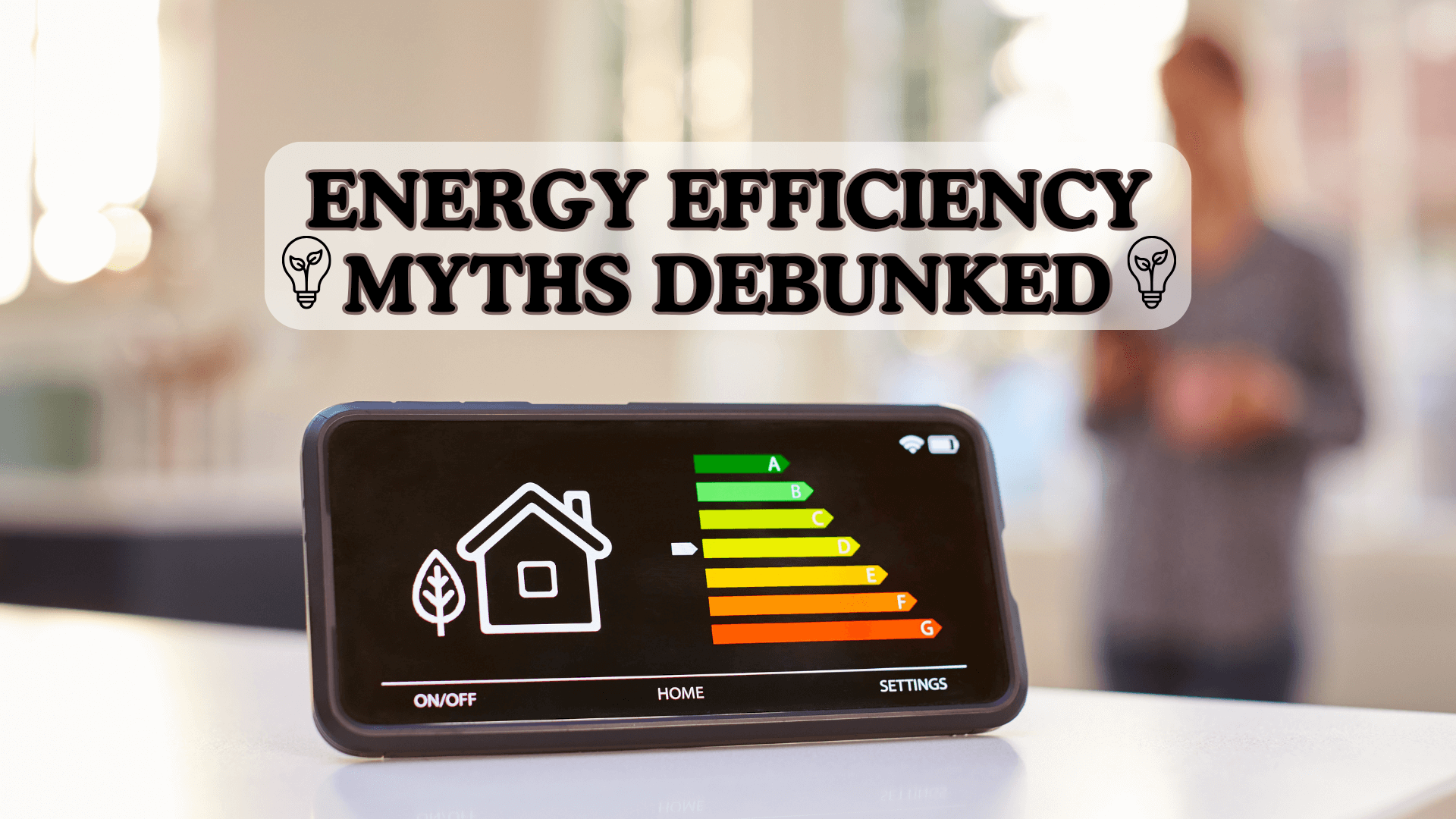Display Table of Contents
Recycling in the UK has developed into a robust system aimed at reducing the environmental impact of waste. This begins with the categorisation of waste into four principal types: paper, plastic, metal, and glass. Each category is treated and processed differently, ensuring materials are effectively recycled, conserving natural resources, and minimising waste sent to landfills. Understanding these categories and their respective processes is fundamental to participating in the national effort to sustain the environment.
The Basics of Waste Separation
Effective waste separation is the cornerstone of recycling. It is not merely placing waste into different containers; it is about recognising that each type of recyclable material has a unique value and potential for reuse. For instance, separating clear glass from coloured, or cardboard from paper, can significantly enhance the quality of the recycled material produced. This separation begins in the home and extends to businesses, schools, and other institutions, all contributing to a more efficient recycling system.
The Role of Households in Recycling
Households are the starting point for the recycling journey. By using different bins for recyclable materials, organic waste, and non-recyclable waste, residents play a direct role in the quality of material sent for recycling. It is imperative that every household follows the local council’s guidelines on what can and cannot be placed in recycling bins to avoid the contamination of recyclables, which can lead to increased processing costs and reduced effectiveness of recycling programs.
Materials Recovery Facilities (MRFs) are high-tech plants where waste collected from households and businesses is brought for further sorting. These facilities use a combination of manual sorting and mechanical processes, such as conveyor belts, magnets for extracting metals, and air classifiers for separating paper and plastics. The sorted materials are then baled and sent to manufacturers to be made into new products.
Legal Requirements and Environmental Benefits
Under UK Waste Regulations, there are stringent rules for businesses and households regarding waste sorting and recycling. These regulations are not just for compliance; they serve a greater purpose of conserving the environment. By following these regulations, the UK aims to reduce the amount of waste sent to landfills, lower greenhouse gas emissions from waste, and conserve natural resources by reusing materials.
Guidelines for Proper Waste Segregation
Understanding which items can be recycled and how to prepare them is crucial. The Waste and Resources Action Programme (WRAP) provides comprehensive guidelines to assist with this. Items like paper, card, glass, and certain plastics are commonly recyclable. Each material, however, has specific requirements regarding how it should be presented for collection to ensure successful recycling.
Paper and Card Recycling
Paper and card are among the most recyclable materials. From newspapers to cereal boxes, these materials can be reprocessed into new products numerous times. The key to successful recycling of paper and card is to keep them dry and free from food waste and contaminants.
This means removing any plastic linings from inside cereal boxes, taking pizza out of its box, and ensuring that any paper or cardboard is not soiled with food or oil, as this can hinder the recycling process.
Plastic Recycling
Plastic recycling can be complex due to the variety of plastic types. Each type, identifiable by its resin identification code, requires a different recycling process. For instance, PET plastics, commonly used in drink bottles, are widely recyclable, while other types, such as PVC, are less so. It is crucial to rinse and, if possible, flatten plastics to reduce space in recycling bins and to remove contamination. Understanding local recycling capabilities for different plastics is vital for effective recycling.
Glass and Metal Recycling
Glass and metal are perpetually recyclable, meaning they can be recycled endlessly without loss of quality. Glass bottles and jars should be emptied and given a brief rinse. Metals, including aluminium cans and steel tins, should also be clean and free of food. It is often not necessary to remove labels as they are burned away during the recycling process for metal and removed during the washing process for glass.
Composting: Organic Waste Recycling
Composting transforms organic waste such as food scraps, coffee grounds, and garden trimmings into a nutrient-rich soil amendment. This process not only diverts waste from landfills but also creates a valuable product for gardening and agriculture. Composting at home can be done in a garden compost bin or pile, and many communities offer collection services for organic waste, which is then composted at larger facilities.
Specialised Recycling: Electronics and Hazardous Waste
Electronic waste, or ‘e-waste’, and hazardous materials require special handling due to the toxic substances they may contain. Items such as computers, batteries, and light bulbs should be taken to designated recycling points or special collection events. Hazardous waste, including chemicals, oils, and paints, must be disposed of at facilities equipped to handle them safely to prevent environmental contamination.
Items That Cannot Be Recycled
It is essential to recognise items that are not recyclable through conventional curbside programs. These typically include polystyrene foam, certain plastics like film wrappers, and contaminated materials such as greasy pizza boxes. Disposing of these items correctly is crucial to ensure that they do not contaminate the recycling stream, which can lead to the rejection of entire batches of recyclables.
The Importance of Reducing Contamination
One of the critical challenges in recycling is contamination. This occurs when non-recyclable materials are mixed with recyclable ones or when residues are left on materials. Contaminated recyclables can lead to entire batches being sent to landfill instead of being processed into new products. Therefore, thorough cleaning and correct sorting are vital.
Technologies in Waste Sorting
At the forefront of recycling efforts are the sophisticated technologies employed by Materials Recovery Facilities. These include scanners, magnets, and specialized separators that categorize and sort waste effectively, ensuring maximum recovery of recyclable materials.
Encouraging Recycling in the Community
Local authorities and waste management companies work to improve public awareness through education and providing clear instructions for waste separation. Community engagement is fundamental to increase recycling rates and environmental consciousness.
Conducting a Waste Audit
Conducting a waste audit is a systematic approach to measure the types and quantities of waste being produced. By doing so, businesses and households can identify the most significant areas of waste and opportunities to enhance their recycling efforts. This involves collecting, sorting, and recording waste over a given period. The insights gained enable the creation of an action plan to reduce, reuse, and recycle more effectively, leading to cost savings and environmental benefits.
Future of Recycling in the UK
The future of recycling in the UK looks towards innovation and sustainability. New materials are being developed that are easier to recycle, and policies are pushing for a ‘circular economy’ where products are designed to be reused and recycled. Technology plays a significant role, with advancements in sorting and processing equipment that can handle a broader range of materials with greater efficiency.
The Role of Packaging Design in Recycling
Packaging design greatly influences the recyclability of a product. The UK is encouraging manufacturers to use recyclable materials and design packaging that is easy to separate and process. Clear labelling is also crucial, allowing consumers to understand how to properly dispose of packaging, thereby reducing contamination in the recycling stream.
Community Recycling Initiatives
Community recycling initiatives are grassroots efforts that engage and educate the public about the importance of recycling. These can range from local recycling drives to educational programs in schools and community centres. Such initiatives often operate with the support of local authorities and waste management organisations to maximise their reach and effectiveness.
Why Should You Recycle?
Recycling at home can lead to significant energy savings in several ways:
- Lower Energy Consumption in Production: When manufacturers use recycled materials instead of new raw materials, they use less energy. For instance, creating paper from recycled paper uses less energy than creating paper from trees.
- Decreased Fuel Use: Collecting and processing recycled materials typically use less fuel compared to the extraction and transportation of raw materials.
- Reduced Energy for Waste Management: Proper recycling at home means less waste goes to landfills or incineration plants, which require energy to operate.
- Landfill Reduction: Recycling prevents materials from ending up in landfills where they might decompose and release methane, a potent greenhouse gas. The energy required to manage landfills is also reduced.
By recycling at home, individuals help reduce the overall energy demand associated with producing new goods from scratch, leading to a reduction in greenhouse gas emissions and contributing to the fight against climate change.
Conclusion
Recycling is a shared responsibility, and its success relies on the collective effort of individuals, businesses, and communities. With clear guidelines and the support of advanced technologies, the UK can continue to improve its recycling processes and contribute to a sustainable future.

